Born: Berlin, Germany, 22 May 1922
Profession in country of origin: Berlin ORT
Arrived in Britain as a refugee from Germany in September 1939
Documents
Male enemy alien - Exemption from internment - Refugee Surname: Metz Forename: Siegfried Alias: - Date and place of birth: 22/05/1922 in Berlin Nationality: German Police Regn. Cert. No.: 768 087 Home Office ref: - Address: Kitchener Camp, Richborough, Sandwich, Kent Normal occupation: Pupil Present occupation: - Name and address of employer: - Decision of tribunal: Exempted "C" & 9A Date 19.10.1939 Whether exempted from Article 6(A): Yes Whether desires to be repatriated: No
[Hand-written addition] Released Category 12 04.11.1940
30.10.1940 B3
Report of Internment
Police: Leeds City
Name of Alien: Metz, Siegfried
Nationality: -
Date of birth: 02.05.1922
HO Number:
Interned on: -
Handed to: -
Reason for internment: Circular 21.06.1940
Source: National Archives, Home Office: Aliens Department: Internees Index, 1939-1947.
Editor’s note: We are not allowed to reproduce National Archives (UK) images, but we are permitted to reproduce the material from them, as shown above.
Memories
The following is the result of research into my father’s past: he never talked about his experiences and unfortunately I never asked him whilst he was alive.
Siegfried Metz was born in Berlin on 22 May 1922. His father was Karl Metz (born 27 March 1887 in Schrimm, Prussia) and his mother was Selma Metz (geboren Schlessinger born 24 June 1882 in Gostyn, Prussia).
In 1938 Siegfried joined the ORT technical school in Siemensstrasse, Berlin, with about 200 boys, to learn practical skills that would assist them to emigrate from Nazi Germany. He appears on the 1939 German Minority Census along with his parents.
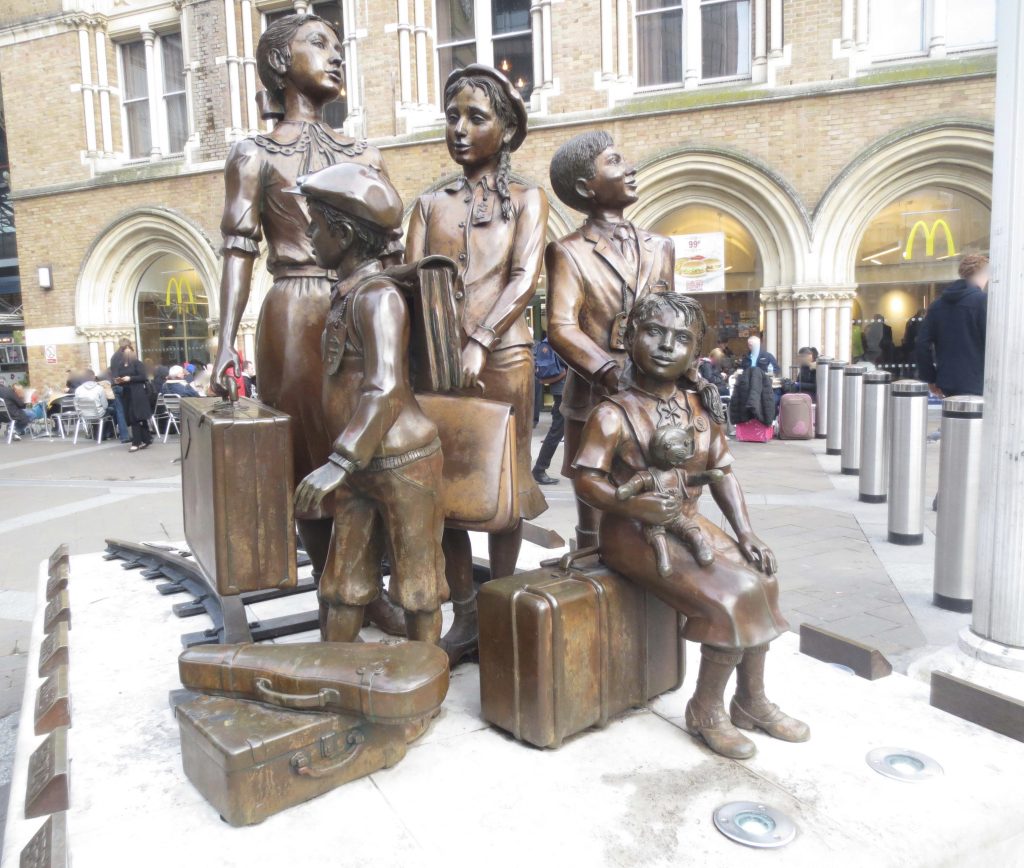
In 1939 the school was given permission to relocate to a sister ORT school in Leeds (this did not actually exist at the time but the German authorities didn’t know that when they agreed).
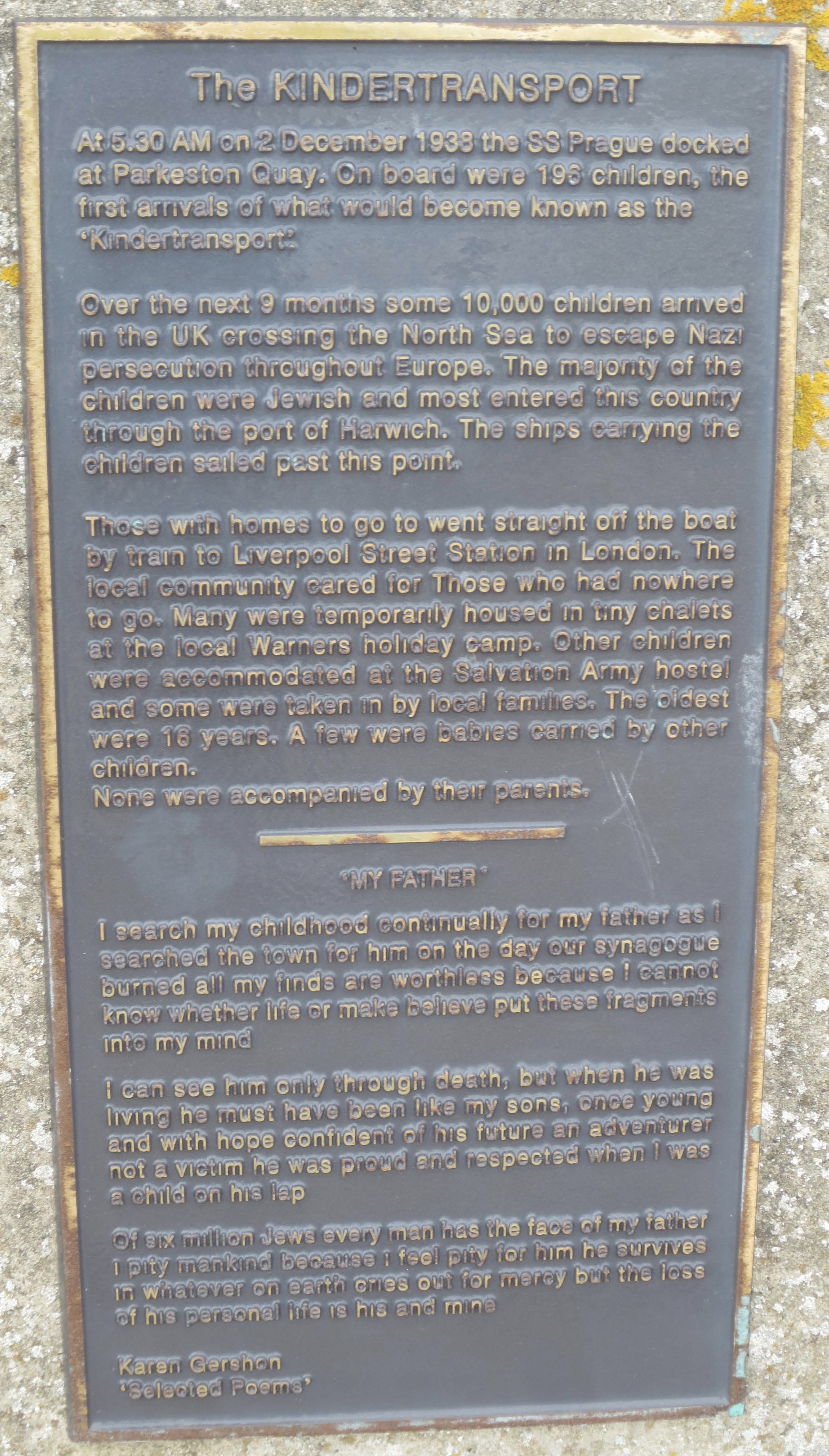
The boys were split into two groups to travel to England. On 29 August 1939 the first group of 106 boys (including Siegfried) and their tutors travelled by train from Berlin to Hook of Holland, then by the Polish transport ship SS Warszawa to Harwich and then by train to Liverpool Street station. They stayed overnight in the East End of London before travelling to Kitchener Camp at Sandwich. Siegfried appears in a group photograph of the ORT boys in the camp under the name of Sigi Metz.
Unfortunately, the second group of boys, who were due to follow after a few days, never managed to make the trip to England since the war had started. All of these are thought to have perished.
The ORT boys spent about 3 months in Kitchener Camp whilst premises for the ORT school and dormitories were identified in Chapeltown, Leeds. Once the dormitories had been obtained these had to be furnished and prepared so that the boys could leave the camp. Then the school had to be equipped with engineering and carpentry machinery to enable the skills training to continue. The school was run on military lines with a list of rules including not to be heard speaking German outside and to always wear a flat cap.
Today, there is a blue plaque on the gates of the school to commemorate the 106 boys who sought refuge here. The school building now houses a Muslim school for girls.
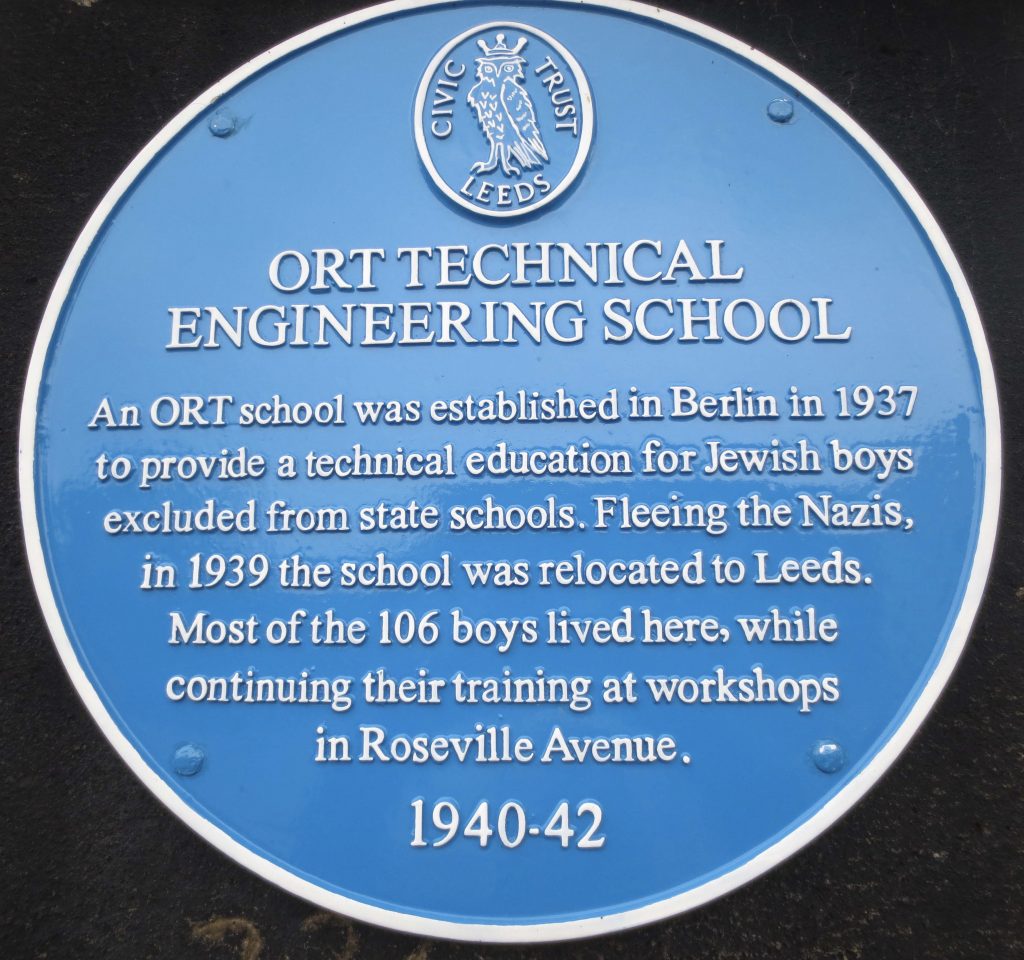
In May 1940 Siegfried was interned on the Isle of Man; he joined the British Army on 28 October 1940 as part of the Auxiliary Military Pioneer Corps (AMPC). Later, on 2 July 1943 he was assigned to the Royal Electrical and Mechanical Engineers (REME). He was known as Fred or Freddie. There is no doubt that the practical engineering skills he learnt at ORT were valued in the war effort.
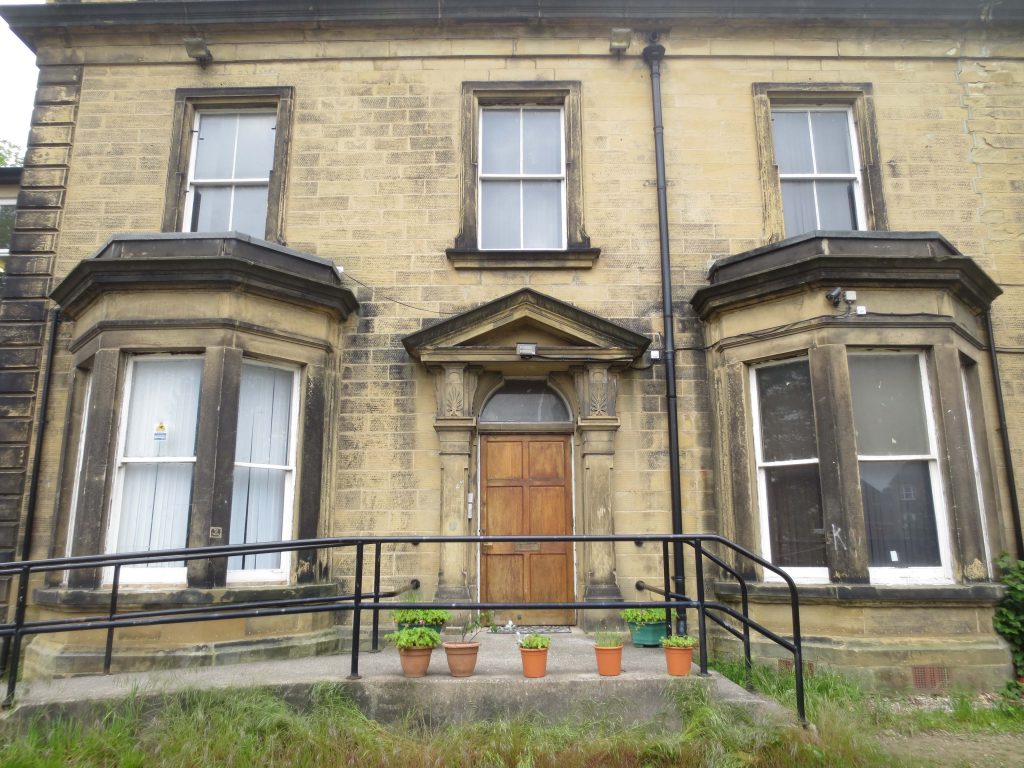
Fred met his wife to be at the army camp at Donnington and they were married on 6 May 1944.
After the end of the war in Europe, on 29 December 1945 Fred was posted to the British Army of the Rhine (BAOR) where he acted as an interpreter until his discharge on 4 August 1946.
Fred became a British citizen on 2 July 1947. He continued working as a mechanical engineer, putting the ORT training to practical use. He was very much a family man and thought the world of his five children and twelve grandchildren. Hopefully this helped him to look forward rather than dwell on the past, but we will never know how much it haunted him.
My father died on 15 December 1995 and never had a bad word to say about anyone.
Submitted by Peter Metz in memory of his father Siegfried Metz
Photographs
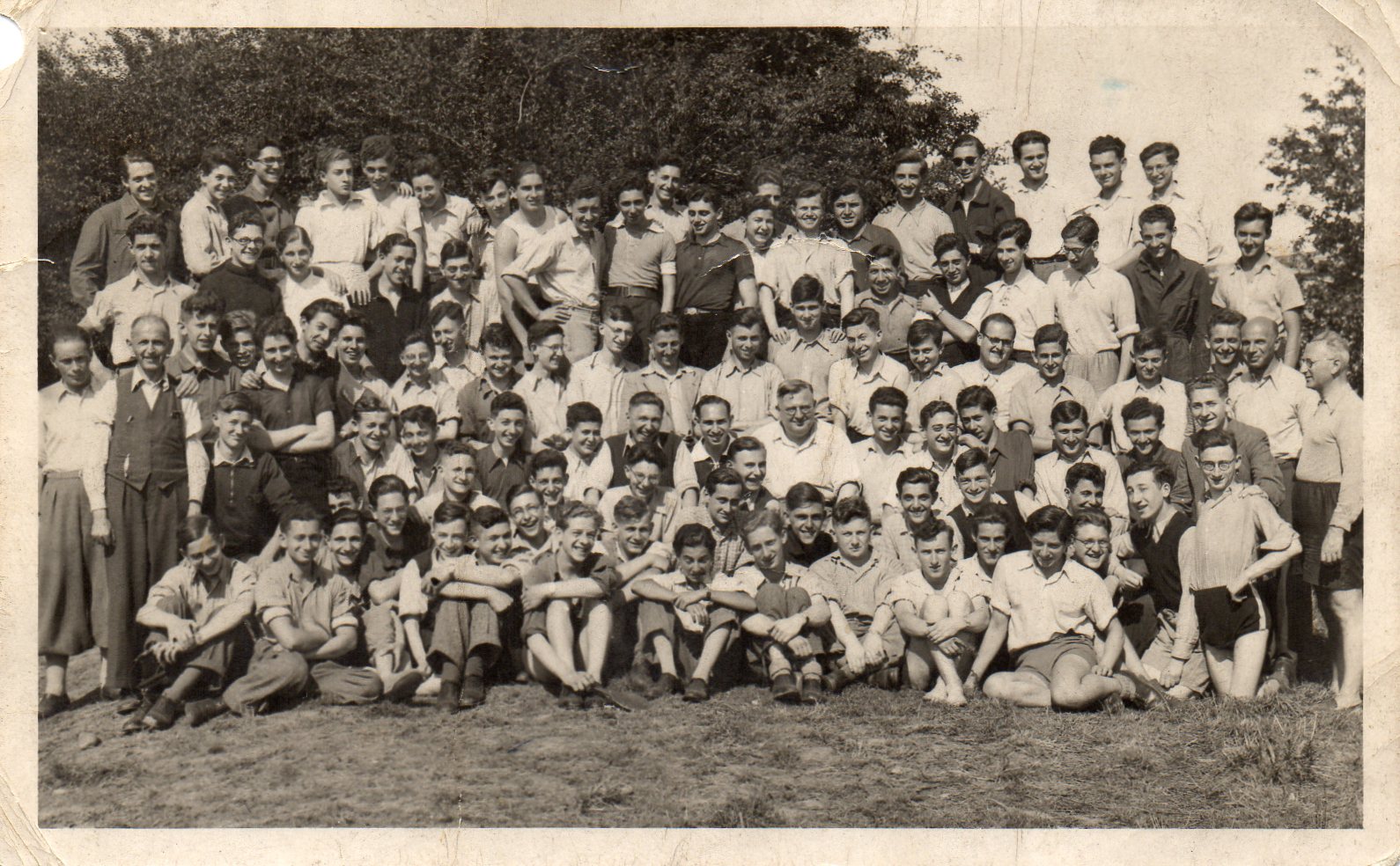
On the front row of boys who are sitting down, count three boys along from the right; Siegfried is in a dark top just behind the third boy
This photograph is reproduced across the site with the kind permission of the Harris family.
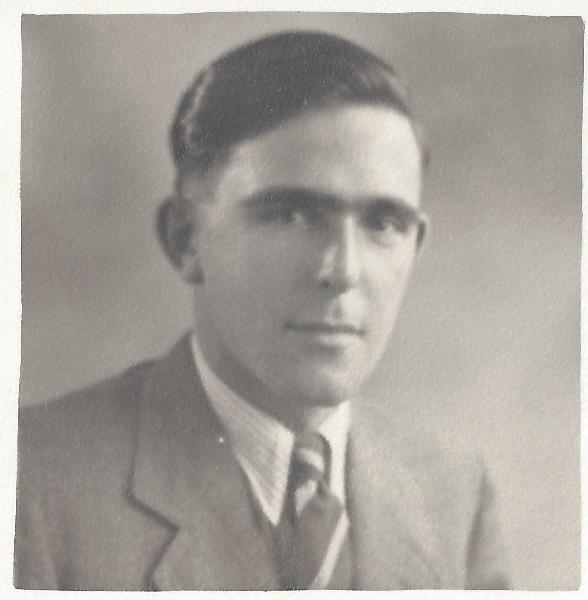
Submitted by Peter Metz for his father Siegfried Metz
